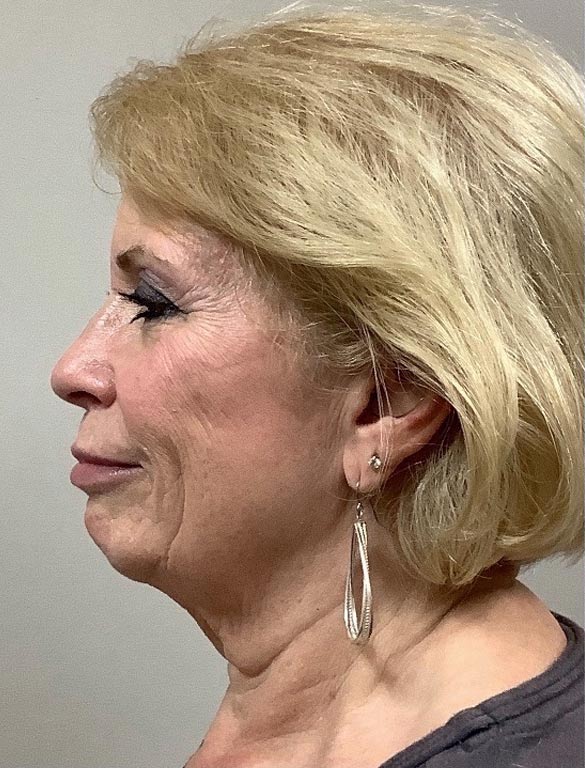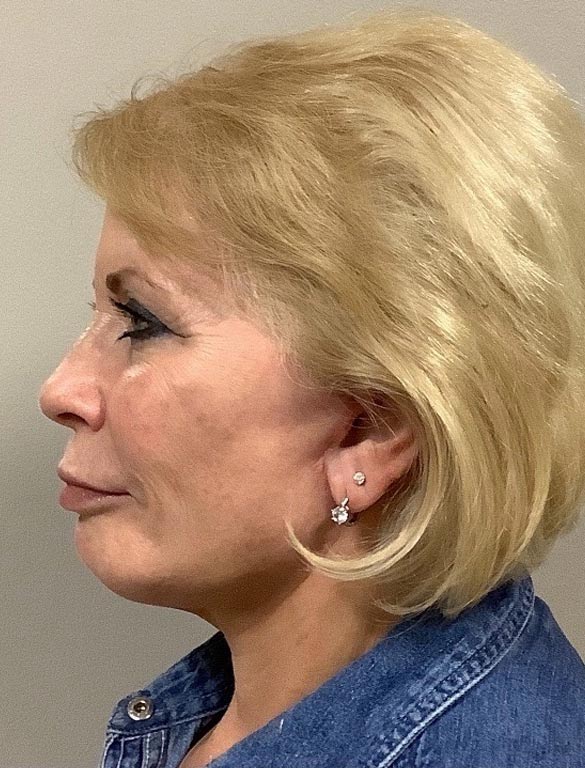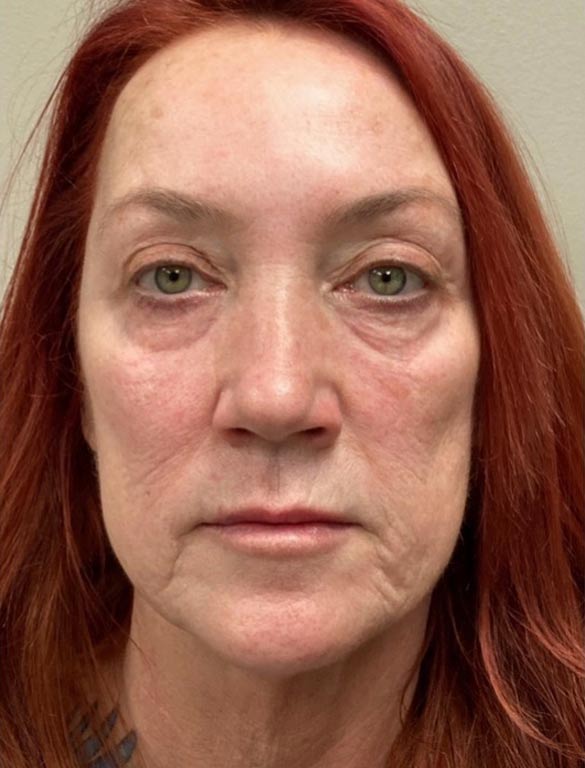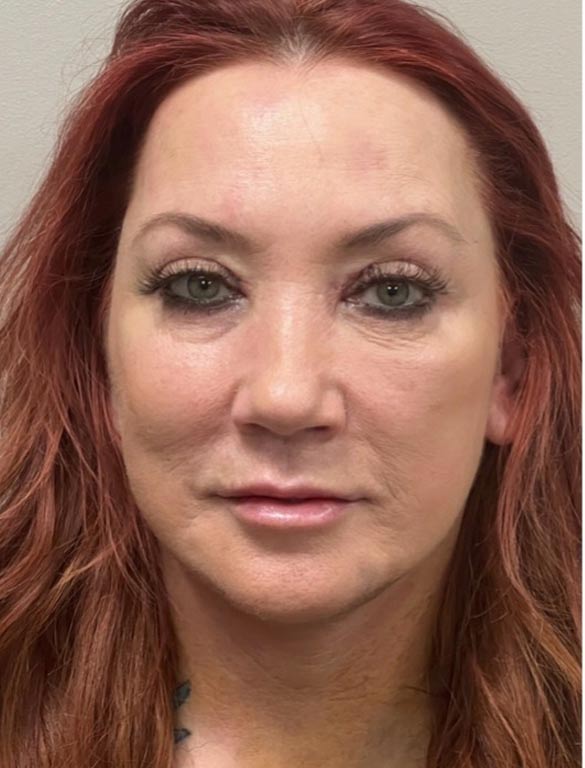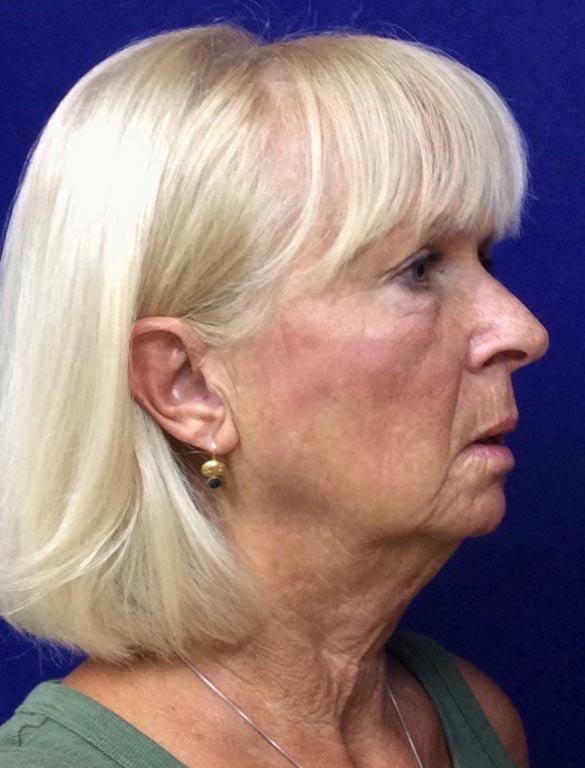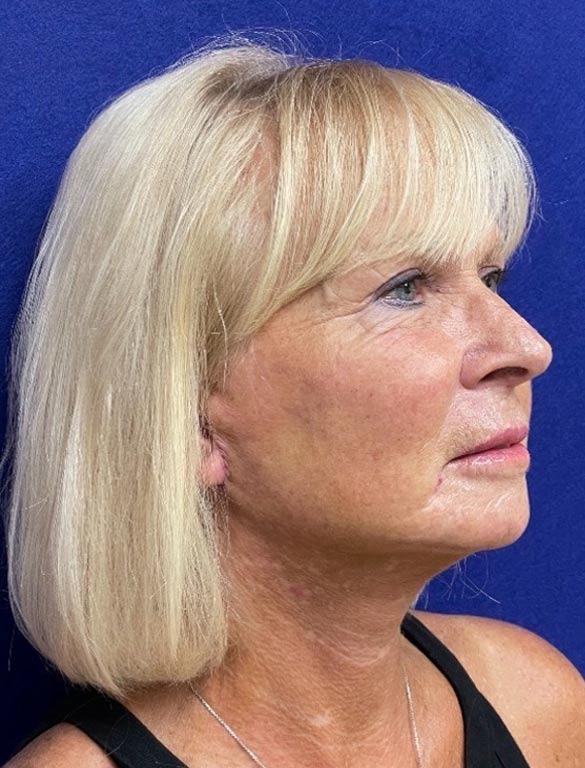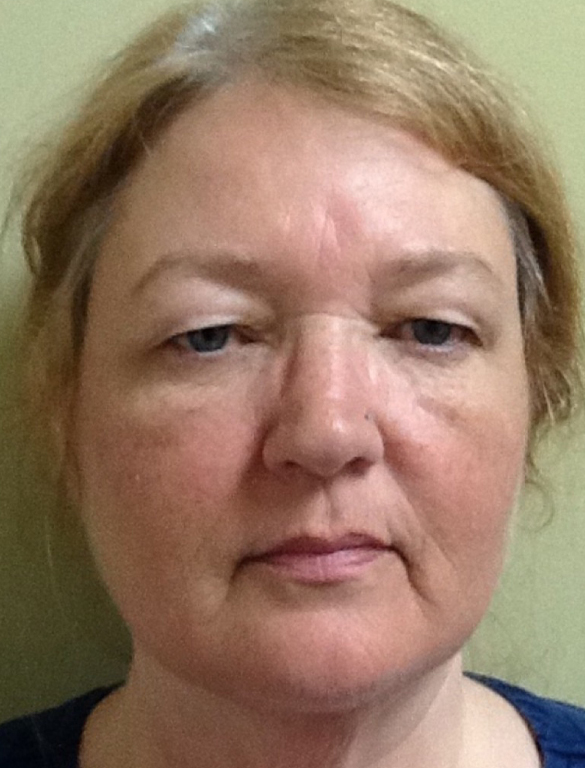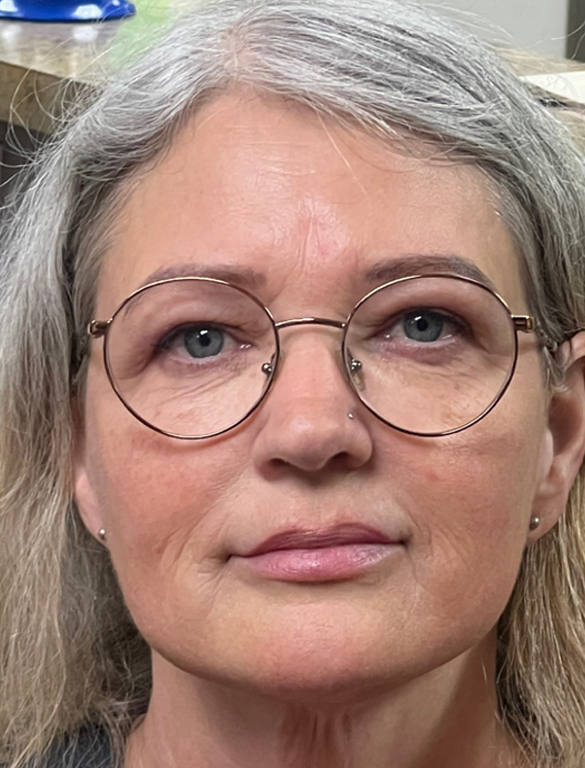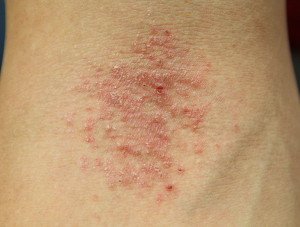Thousands of people are affected by dermatitis, or “eczema”, which can cause embarrassment, discomfort and frustration as many patients begin experiencing symptoms when they are young and continue to struggle with dermatitis well into their adult years. Though the causes of dermatitis may depend on genetic, environmental irritants or other health related conditions have similar symptoms though there are actually several types of dermatitis. Some of the most common forms of dermatitis include “atopic dermatitis” and “contact dermatitis”.
Contact dermatitis is often the result of skin that has come in contact with outside irritants or because of a patient’s allergies. Some common irritants that cause contact dermatitis include cleaning products, perfumes and colognes, poison ivy, or from jewelry that contains nickel.
Eczema Treatment and Symptoms
Atopic dermatitis on the other hand often starts during infancy and look like a rash on the elbows, the fronts and backs of the knees or on the neck. Atopic dermatitis is often hereditary so those with a family history of such or with other family members who suffer from allergies are more likely to develop this condition themselves. Rough clothing, household cleaners and chemicals and certain types of soap may exacerbate the symptoms of atopic dermatitis. Some allergy triggers such as ultraviolet light, lubricants, steroid creams and immune affecting drugs can sometimes intensify discomfort. Stress, sweat, bacteria, dust, wool, tobacco smoke, changes in humidity and heat can also intensify symptoms.
Symptoms of all types of eczema tend to be somewhat the same and may include an intense itching sensation which causes further due to the skin because of unavoidable scratching, redness and blotchiness and bleeding due to dryness and scratching, scaling of the skin, blisters and cracking which may become deep and fissure-like.
Eczema treatment of these types are important to keep the condition from becoming worse, to help calm the skin and provide relief, to prevent infections and to keep the skin from thickening. Treatment also helps alleviate patient stress and insecurity since eczema is quite visible and makes some people feel less than confident in their appearance or around others.
Before seeking eczema treatment, there are things a patient can do to prepare to ensure the best medical treatment is received as the doctor attempts to understand the patient’s history. Keep track of your personal symptoms, how long they last and under what circumstances they occur. Make a list of any and all medications taken and include vitamins and supplements so that your doctor can take all things into consideration which may have an effect on your skin and help treat you accordingly.

